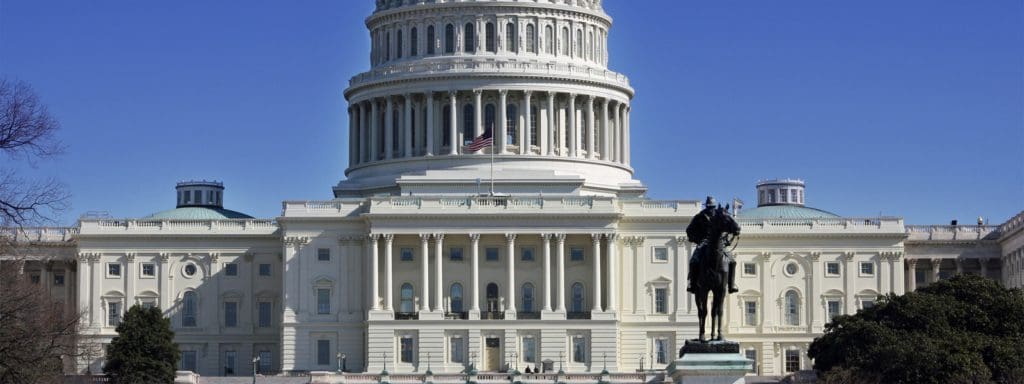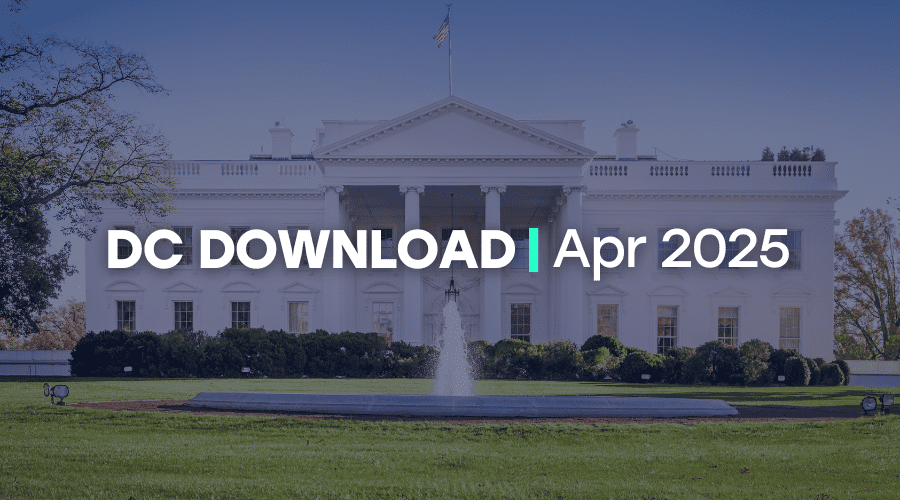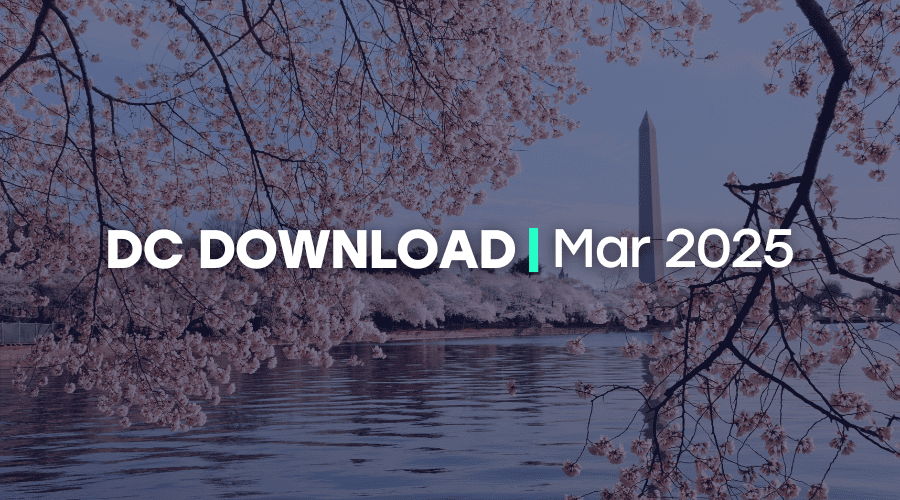On August 2, the Bipartisan Budget Act of 2019 was signed into law, lifting tight budget caps that would have meant steep cuts to both defense and domestic spending in the coming fiscal year. These cuts—particularly to domestic spending—would have done major damage to many federal programs that support nonprofit organizations’ service to their communities.
Congress will still need to decide how to allocate that spending, but this legislation is a major victory for any organization that supports federal investment in the fields of education, health, conservation, arts and culture, or workforce development, to name a few.
Who deserves the credit for this policy victory?
There is plenty to go around, but the hub of this successful effort has been NDD United, “an alliance of hundreds of national state, and local organizations working to protect investments in core government functions that benefit all Americans.” Independent Sector is proud to have served on the steering committee of this year’s effort, but we can’t claim too much credit: NDD United led the charge for similar bipartisan budget deals that were enacted in 2013, 2015, and 2018. In many ways, NDD United is an exemplary coalition. Here are a few keys to successful policy coalitions that seem clear from their work:
- Well-defined Policy Goals – The Bipartisan Budget Act of 2019 is not an easy piece of legislation to read; it contains multiple divisions spread over 251 pages. But that doesn’t mean NDD United had complicated policy demands. In fact, the coalition’s core aim was accomplished in one short section of the bill (Section 30101 if you must know), when two numbers in existing law were replaced with higher numbers. This was a simple goal about which the coalition was clear, both with legislators and among participating organizations. Knowing exactly what you want is a prerequisite for policy success.
- A Sense of Timing – The organizations and individuals driving NDD United would have preferred to see action on this policy goal a long time ago. But good policy advocates need to recognize that they don’t control the congressional calendar. Members of Congress can be nudged toward the negotiating table, but sometimes they have more timely priorities or little incentive to negotiate. Coalitions exist because policy organizations each have a wide range of priorities, and they lack the resources to actively pursue every issue all the time. Taking a step back when the timing isn’t right is essential to having your coalition’s “A-game” when the opportunity arises.
- Strong Champions – From Speaker Nancy Pelosi and Secretary Steven Mnuchin all the way back to then-Budget Committee chairs Senator Patty Murray and Representative Paul Ryan, successful deals to raise spending caps over the last six years have hinged on dedicated lead negotiators in Congress. Increasing domestic spending hasn’t necessarily been every negotiator’s goal, but they have all understood NDD United’s position. In addition to their commitment to finding a deal, the elected officials negotiating on NDD United’s behalf over the past few years have also possessed deep respect from their peers. This respect and trust are key when it comes time to count votes. Without the right elected champion for its issue, even the most effective coalition may struggle to make progress.
- Engaged Networks – “Coalition” is not just the plural of “lobbyist.” If the only people buzzing about an issue are the lobbyists roaming Capitol Hill’s marble hallways, legislators will never feel enough pressure to act. The most effective coalitions mobilize their members’ vast networks to demonstrate the broadest possible support for their cause. Look at nearly any state in NDD United’s community letter from earlier this year, and you are likely to see a list of organizations that you might not expect to be working together.
Are there other hallmarks of an effective coalition that you think we left out? Let us know in the comments.



